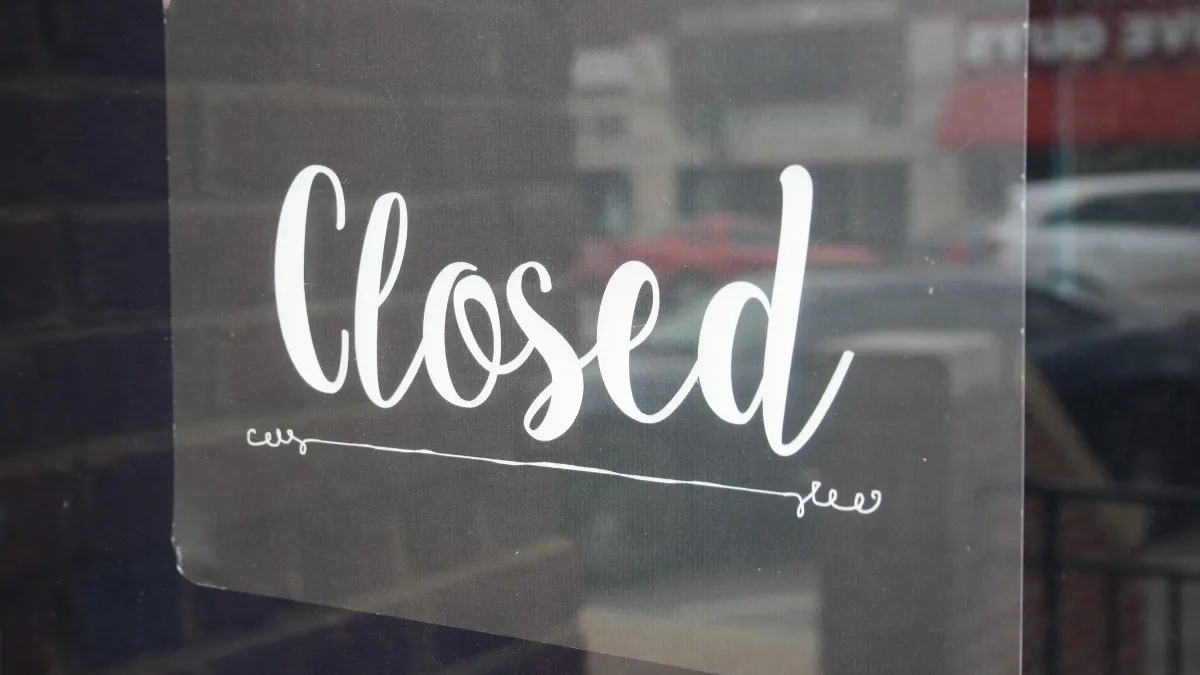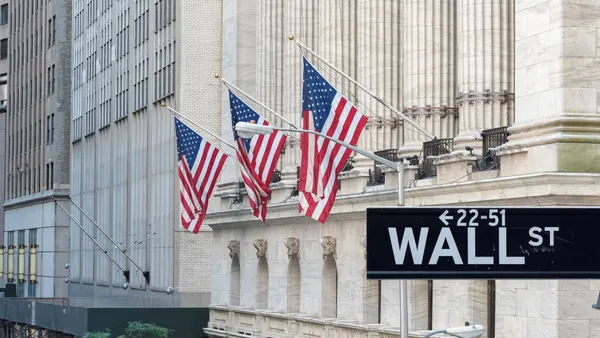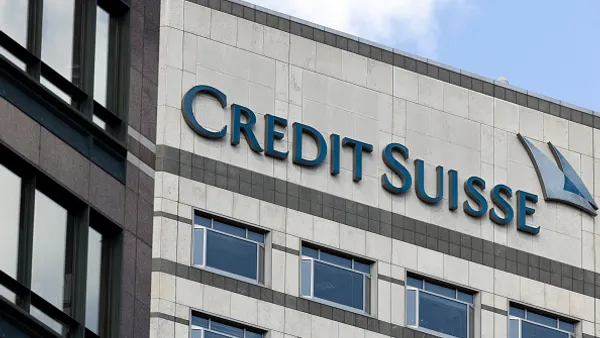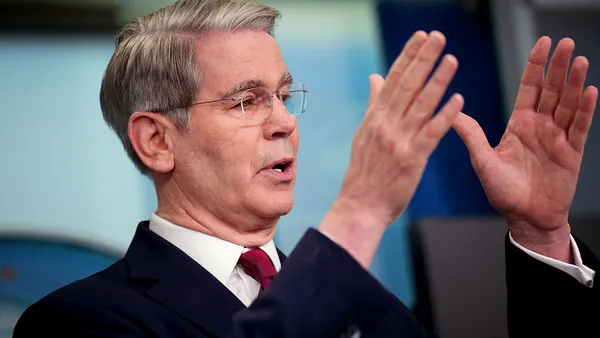Dive Brief:
-
The House of Representatives overwhelmingly voted Thursday to give small-business owners more flexibility regarding the forgiveness of Paycheck Protection Program (PPP) loans.
-
The bill lowers the proportion of funding that must be used toward payroll from 75% to 60%, extends the amount of time in which the loan must be spent from eight to 24 weeks, and extends the time recipients have to repay the loan from two to five years if it doesn't convert into a grant.
-
The legislation heads to the Senate, which was working on its own bill to alter the program. That measure would have doubled the PPP’s spending period to 16 weeks and allowed businesses to use the funds to purchase protective equipment for employees, among other amendments. The Senate, which failed to agree on the bill before adjourning last week, will return Monday.
Dive Insight:
The Paycheck Protection Program Flexibility Act drew nearly unanimous approval in the House, passing by a 417-1 vote.
Business owners have long bemoaned the 75% payroll threshold associated with the PPP to this point. Some said the intent to keep money flowing to employees is understandable, but it fails to meet closed businesses' need to pay operational costs such as rent and utilities.
The eight-week spending period presents another hurdle for small-business owners. Bank of the West President Cindy Blankenship said many of the borrowers who received PPP loans through her bank haven't touched the money yet — possibly because they're confused about the terms.
"I think it's a mixture of uncertainty and anxiety and fear, and the uncontrollable factor about employment and rehiring," she told Reuters.
Almost three-quarters of PPP loan recipients found it very or somewhat difficult to understand the loan's terms and conditions, according to a survey published last week by the National Federation of Independent Business (NFIB).
In addition, the terms keep changing. The Small Business Administration (SBA) and Treasury Department have issued 14 interim final rules on the program since it launched in late March.
The NFIB threw its support behind Thursday's House bill, saying it provides flexibility for small businesses and clears up some of the confusion surrounding the program's rules.
"Local and state government shutdown orders have extended beyond expectations when the CARES Act was enacted on March 27, 2020, making re-opening small businesses and re-hiring employees challenging," Kevin Kuhlman, the NFIB's vice president of federal government relations, wrote in a letter to lawmakers Wednesday.
"Additionally, early recipients of the PPP loans are approaching the conclusion of their forgiveness period and they only recently received forgiveness guidance and applications. Therefore, forgiveness flexibility will be necessary for the PPP to be deemed an ultimately successful program," the letter said.
Since the start of the coronavirus pandemic, Congress has approved two tranches of PPP funds. The first $350 billion, approved in March, was depleted within two weeks while another $320 billion, made available last month, has not yet dried up.
The SBA said it approved $511 billion in PPP loans as of May 23.














